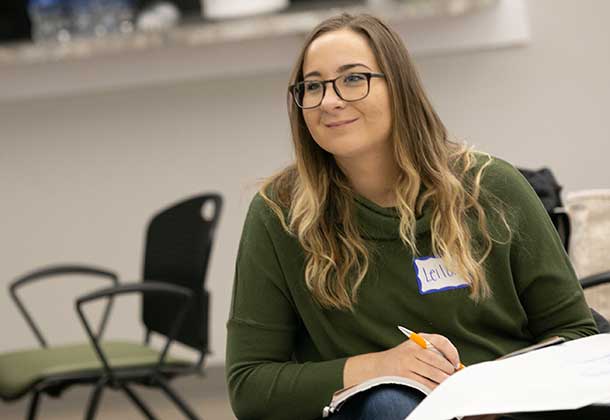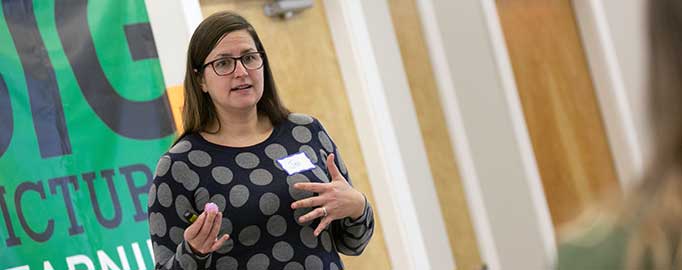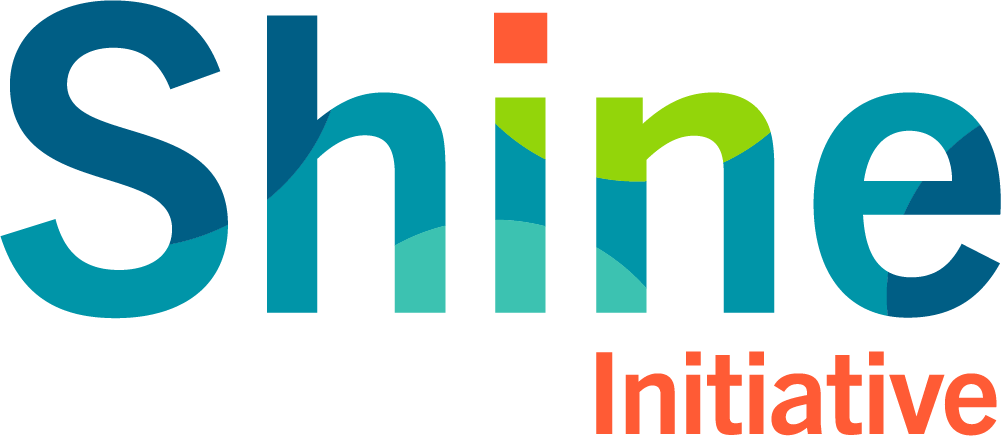Firstly, thank you for being here,
You’re an educator because you care
about kids and their futures.
You’re here because no matter how you slice it—social/emotional learning, behavioral health, mental health—you recognize that youth mental health is a mainstream issue that needs more attention. And hopefully you recognize that partnering with others is better for all of us, because none of us can do this alone, especially our youth.
You interact with youth and children every day. We know you see the statistics for yourselves or hear them from your students: anxiety and depression have doubled among youth in the past 20 years, suicide is now the second leading cause of death for U.S. kids ages 10-19, and for every young person who dies by suicide another nine have thought about or attempted it. Add in negative coping mechanisms for dealing with trauma and mental illness, like vaping, opiates and other drugs, bullying, self-harm (cutting, etc.), and it can feel overwhelming.

What if you had a partner to help?
We regularly hear both from students AND faculty how different having an ongoing Shine Mindmatters Team has made things for the schools we are in. No matter how positive the school already was, it begins to feel even more supportive, respectful, and slightly less stressful.
Shine’s focus on mental wellness as an everyday practice doesn’t take away all the competing tasks, deadlines, and stressors. But it does help to find subtle strategies to manage it better and says loud and clear that our mental wellness deserves time just as our physical health, academics, professional development, etc., do.
It is such a breath of fresh air to routinely make time for everyone’s minds, both students and teachers alike!
– Mindmatters Faculty Advisor


Just knowing the Shine team is in my school makes it easier for me to walk through the doors each day. It says that my school cares about me and I don’t have to hide who I am.
– Mindmatters Team Student
Because we engage youth in talking about these issues, so that fewer young people suffer in silence due to stigma, parts of the site talk to them directly. In order to work deeply with students in a school, we of course have to work closely with champions in the school-be it a teacher, guidance counselor, administrator, or non-teaching staff member.
We can help, and almost always at no/low cost to the school or district (we can wait while you read that sentence again). We know how to talk to young people and to faculty and school leadership, and how to move a school’s culture to one even more supportive of mind health than it already is.

